10/15/09
The ClearStream2 from AntennasDirect.com

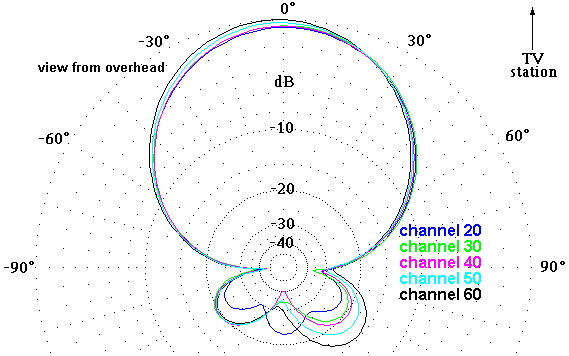
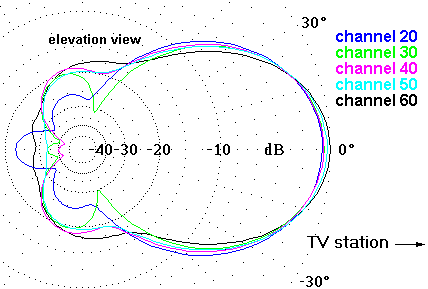
12” wide, 20” high, 5” deep, 2.5 lB.
This is an excellent antenna: Lots of gain but not very directional. Typically it is used in the 10-25 mile range. If you want
to avoid the hassle of a rotor, consider this antenna. But if you have multi-path interference,
avoid wide beam antennas like this one.
This antenna is manufactured for outdoor use. But putting up a 4-bay is just as easy and
not significantly more expensive. So
this author has not found an outdoor situation to recommend this antenna.
The “C2” is small enough to be reasonable as an indoor
antenna. It will fit on top of a
TV. But it lacks a stand. If you buy it for indoor use, you will have
to invent some kind of a stand to hold it up. (A paper towel holder might work.)
The C2 is roughly the same size and performance as the DB2. Since the DB2 was the reigning champion of indoor
antennas, and since the C2 is a little better, the C2 is the new champ. (The DB2 has more bandwidth, but with the new
channel lineup this is no longer important.
The DB2 would be stronger than the C2 if made a little bigger, but in
relation to size the C2 would still win.)
If you are a renter in a
poor-signal location, the ClearStream2 (and a Channel Master 7777 preamplifier)
is an excellent choice. To surpass it
would take a 4-bay, which most renters would not consider reasonable indoors. For an indoor antenna, the C2, DB2, and 4220
are your best choices. The C2 is the
only one of these without a poke problem around little children, so you should
buy the C2.
The antenna elements are
too small to have any response to VHF.
And in case a really strong VHF signal sneaks in anyway, the UHF-only
balun will filter it out. The
manufacturer’s web site used to specify this antenna for channel 7-69.
But that was wrong, as this graph shows:
Forward horizontal net gain:
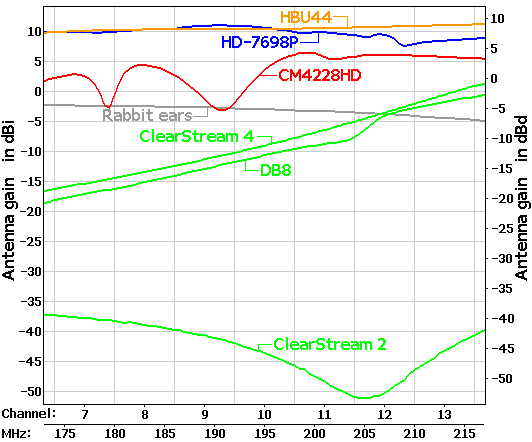
Do not buy this antenna
for VHF.
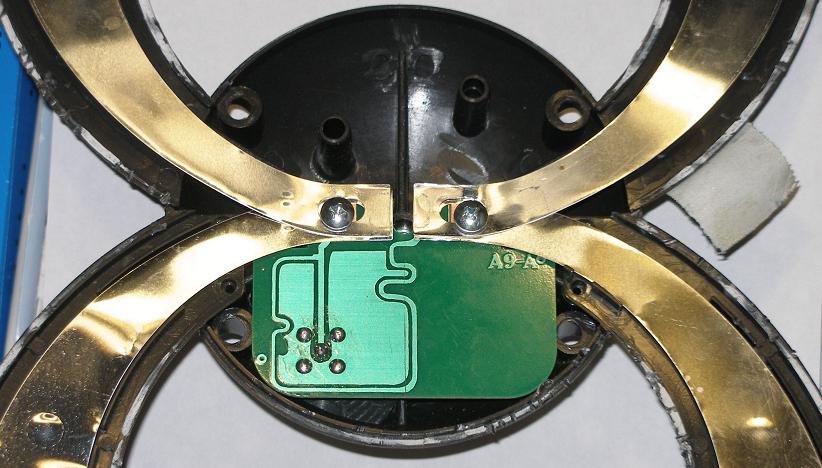
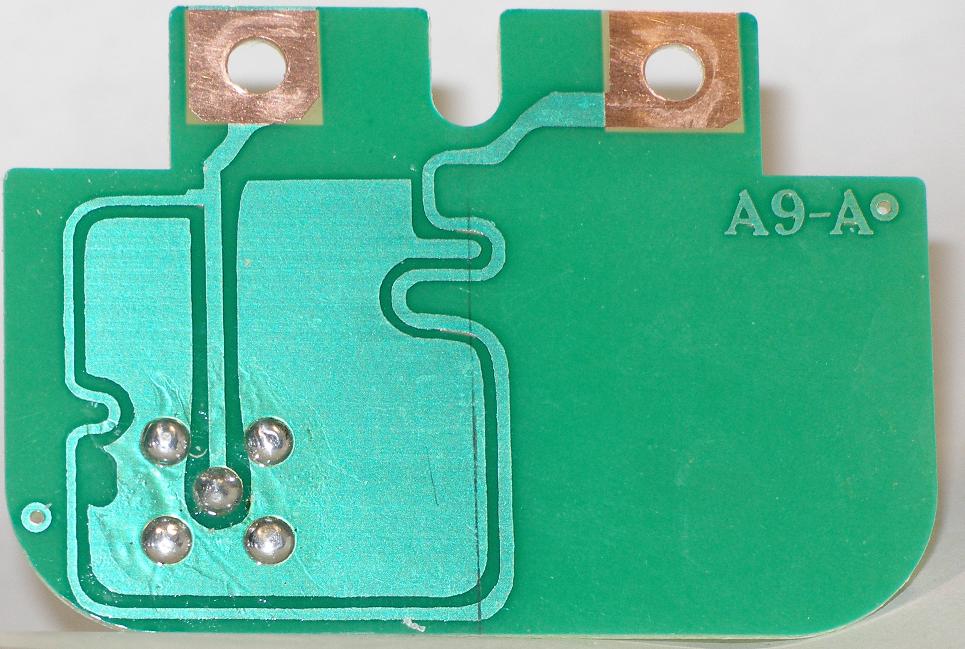
The C2 balun works about
the same as the DB8 balun, and has the same imbalance problem. A simulation suggests the balun will match
345 ohms to 75 ohms, making it a 4.6:1 balun.
(The delay line is a half-wave segment tapered from 115 ohms to
134 ohms, velocity factor 0.66. There is a 4.5 nH inductance 1.0 inches from
the split. Although the delay line is a
tapered segment, it is easier to understand as two quarter-wave transformers.)
This page is part of “An HDTV Primer”, which
starts at www.hdtvprimer.com